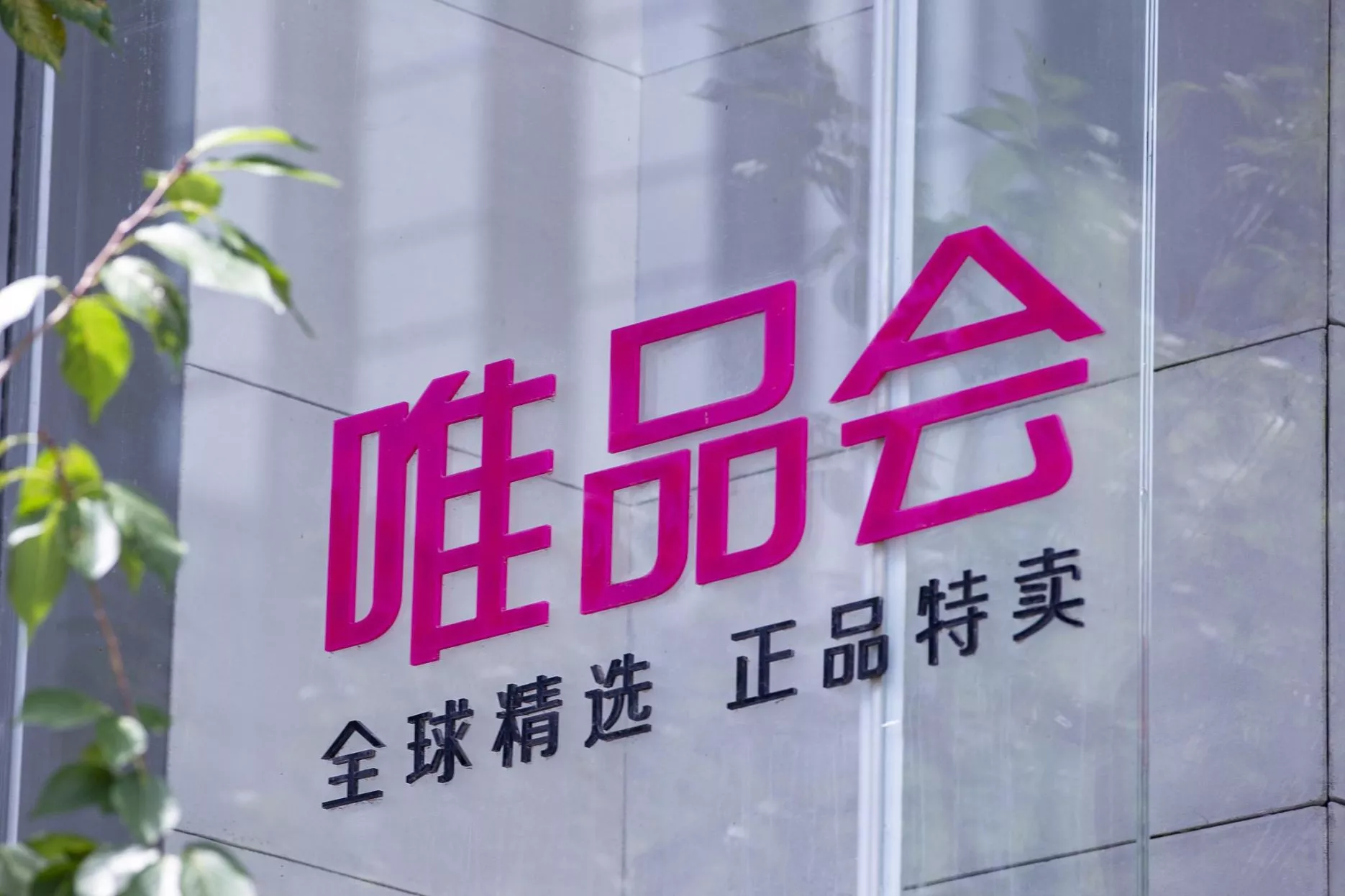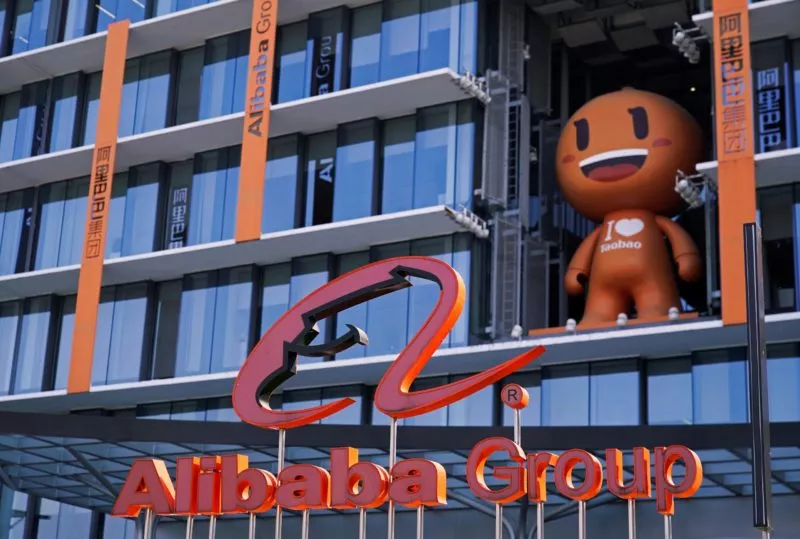China’s ‘fake economy’ has caused huge mistrust among consumers. In recent years, there has been a crackdown on fake goods by some platforms due to Chinese consumers paying increased attention to the authenticity of goods. The multitude of fake items, especially luxury goods, has resulted in many customers conducting considerable research to find genuine products and only using ‘trusted’ platforms. However, fake scandals remain a trending topic on social media, showing that the problem certainly hasn’t gone away.
The latest scandal involves a consumer who bought a discounted Gucci belt from the e-commerce platform Vipshop for 2,549 RMB. After the size did not match with the product description, she tried to identify if it was a counterfeit on Dewu. The resale shopping platform markets itself as a ‘third-party regulator of fakes’ because of its department which identifies if re-sale products are genuine.
Dewu claimed that the belt was a fake; yet, Vipshop alleged that this was false and issued an appraisal report from the China Certification and Inspection Group’s Guangdong office. The consumer in question claimed that the report showed no evidence to prove that the Gucci belts were real.
Weibo users were quick to criticise both parties and argued that Dewu does not have the authority to comment on the authenticity of the Gucci products. Others commented that they had also purchased fake shoes from Dewu, and urged consumers to only purchase from direct sales channels.
In response, Gucci stated that the brand only guarantees products that are sold on its official channels, and that does not include Vipshop.
This is a huge blow for Vipshop which is a popular e-commerce platform that offers cosmetics and luxury goods at a discounted price. The platform states that it focuses on its “authenticity guarantee” and helps consumers to identify whether products are real or not. However, this is not the first time it has hit the news for selling fake goods and the latest revelation will impact the platform’s trustworthiness and sales.
A growing mistrust of small e-commerce platforms means that consumers looking for well-known names will continue to turn towards platforms with an acknowledged association with brands, like Tmall and JD. International brands also need to carefully consider which e-commerce platforms they co-operate with, as being associated with counterfeit goods can significantly impact consumers’ decisions.
Read more:









